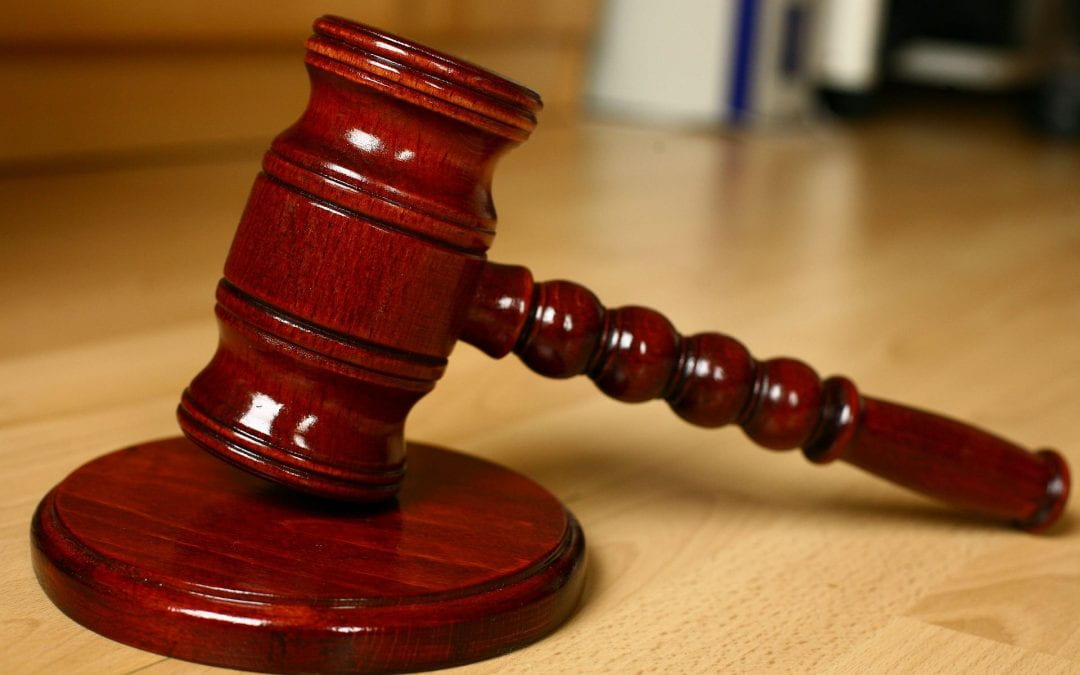On February 16, 2022, federal judge Deborah L. Boardman granted the Association of American Publishers’ motion for a preliminary injunction on Maryland’s library e-book law, stopping Maryland officials from enforcing it. Her conclusion comes after the February 7 virtual hearing where she heard the arguments for a preliminary injunction.
Maryland’s e-book law was first introduced in January 2021 and went into effect on January 1, 2022. It required publishers that offer e-books to consumers in Maryland also offer to license the works to public libraries on “reasonable” terms. In response to the law, the AAP first filed suit on December 9, 2021, on the grounds that this law forces authors and publishers to license works against their will.
Boardman’s opinion concluded that “the Maryland Act likely stands as an obstacle to the accomplishment of the purposes and objectives of the Copyright Act.” While the Maryland Act doesn’t “explicitly require” publishers to grant licenses to libraries, only to “offer” licenses to them, Broadman ruled that that was “a distinction without difference.” Because the Maryland law threatens criminal penalties for non-compliance, she ruled it was a forced transaction that “effectively strips publishers of their exclusive right to distribute.”
The AAP cleared all factors necessary to grant the preliminary injunction they asked for, but the court’s decision was truly decided by the fact that federal copyright law preempts the Maryland law. Boardman stated, “While the State may view the Act as necessary to correct an imbalance and expand library access to digital literary products, the salutary legislative purpose plays no role in the conflict preemption analysis. The State’s characterization of the Act as a regulation of unfair trade practices notwithstanding, the Act frustrates the objectives and purposes of the Copyright Act.”
The outcome of the Maryland law’s hearing is especially important right now as library e-book laws are pending in five other states: Massachusetts, Rhode Island, Illinois, Tennessee, and Missouri. In addition, a similar library e-book law was vetoed in New York by Governor Kathy Hochul on December 29, 2021 in response to the legal questions raised by the lawsuit against Maryland’s bill.
While the AAP and many publishers are pleased with this outcome, the American Library Association and many librarians are less so. Patty Wong, president of the ALA, made a statement saying, “ALA unequivocally supports the Maryland law and stands by the Attorney General’s defense of Maryland libraries’ right to buy licenses for digital content on reasonable terms. The Maryland legislature, which voted unanimously in favor of the legislation, rightly sees the unfairness in the marketplace and used its legal authority to correct it. ALA sees the unfairness to our public libraries, which have paid for e-book licenses on unreasonable terms for far too long. Most importantly, libraries see the unfairness for Maryland residents, who rely on them for access to e-books.”
The ALA’s stance is the same as that of the Maryland Attorney General. On January 14, 2022, the Maryland Attorney General Brian E. Frosh responded with a motion to dismiss the AAP’s suit, stating in a brief, “This case is not about copyright protection—it is about the unfair and discriminatory trade practices of publishers at the expense of public libraries. … [When] a publisher elevates its own reward to the detriment of the public, the state has a legitimate interest in remedying the situation.”
The question of how to handle e-books at libraries has been around for as long as there has been demand for e-books, but the Maryland law specifically arose as a direct response to Macmillan’s 2019 embargo on frontlist e-book titles—waiting eight weeks to give libraries e-book copies of their most popular titles—a policy they have since stopped.
Though Maryland’s e-book law is now enjoined, the legal battle is far from over. Attorney General Frosh released a statement after the court’s decision saying, “Our office is currently reviewing the decision to determine next steps. We think publishers should not be able to unfairly take advantage of Maryland public libraries. We will continue to pursue fair treatment for Maryland public libraries.”

